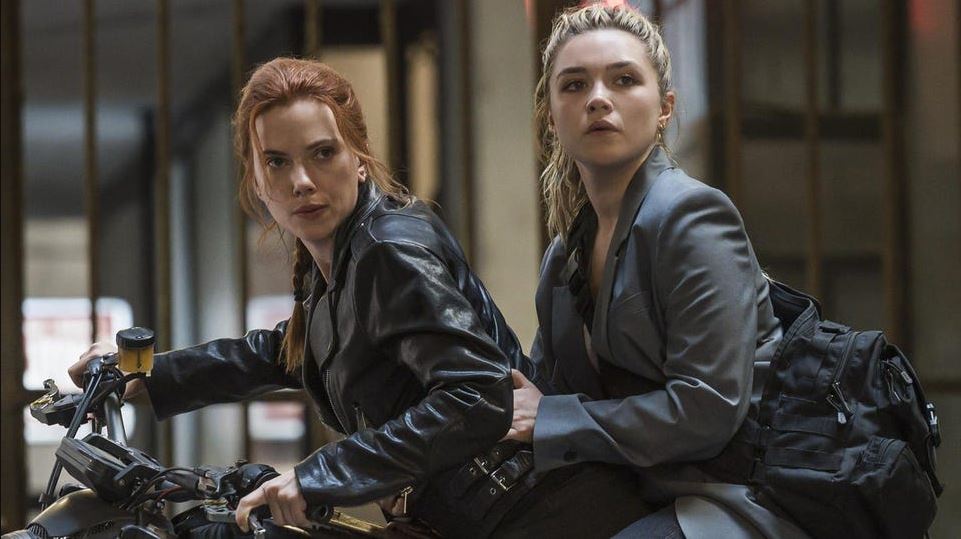Black Widow: Sister Pact

That Black Widow, the new superhero extravaganza starring Scarlett Johansson, is in some circles being labeled a “standalone” film speaks to the bizarre taxonomy of the Marvel Cinematic Universe. Here is a movie that’s littered with countless references and asides to the lore of cinema’s most fearsome global behemoth: the Avengers, S.H.I.E.L.D., Wakanda, the Sokovia Accords, “the god from space.” It stands alone the same way the Dread Pirate Roberts stood alone—invisibly lifted by associates toiling in the background. So when Natasha Romanoff (Johansson) at one point declares, “I’m actually better on my own,” the meta claxon that blares in accompaniment is louder than any of the fiery explosions that engulf the film’s tedious climax. If the plot of Black Widow features a woman striving, at long last, to locate some agency (not to be confused with locating an agency, though she essentially needs to do that as well), the subtext involves a taut, character-driven action flick seeking to assert some independence while also maintaining fidelity to the broader scriptures that govern the MCU.
It’s a tricky balance, but cinematically speaking, Natasha is right; she is better headlining her own picture than functioning as part of a bulky ensemble. Most superheroes are, frankly. The final two Avengers team-ups, as insistently epic and intermittently enjoyable as they were, suffered from bloat and congestion, dutifully apportioning screen time and subplots across their gargantuan casts. In contrast, relatively streamlined adventures like Thor: Ragnarok and Black Panther benefited from a sharper sense of focus, not to mention a genuine artistic sensibility. Black Widow isn’t quite as good as either of those movies, lacking their piercing wit and visual flair. But it’s a fleet and efficient piece of blockbuster filmmaking, one that, despite all of those aforementioned references, stands sturdily on its own. Read More
